SEND Toolkit - Home
The purpose of this guidance is to support professionals to meet the needs of children and young people across the four areas of need identified in the SEND Code of Practice (2015) and to ensure a holistic approach is taken to progress and development.

On this page, you can find:
About The SEND Toolkit
This is the Special Educational Needs and Disabilities (SEND) Toolkit for professionals in Doncaster.
- This toolkit provides a variety of tools and resources to help professionals to use the 'Doncaster Way' of supporting children and young people with Special Educational Needs and Disabilities.
- The toolkit includes information on how to identify needs and how barriers can be removed for learners.
- There is also information on different avenues for accessing additional information and support.
- The navigation bar, 'Jump to' buttons or 'Key Resources links below can be used to access different resources and information within the toolkit.
- Colour coding and acronyms are used throughout the toolkit for the 4 areas of need: Cognition and learning (C & L)- Purple, Communication and Interaction (C & I)- Orange, Social, Emotional and Mental Health (SEMH)- Green, Physical and Sensory (P &S)- Blue.
Vision for Children and Young People with Special Educational Needs and Disabilities in Doncaster
In Doncaster, children and young people who have Special Educational Needs and Disabilities, will have the best possible start in life, and as they grow up, they will have prompt access to reliable local, high-quality education, health and care services. These services will work closely with the children, young people, and their families to help them to:
- make excellent progress in achieving their ambitions and targeted outcomes.
- be fully included in their home community and participate in society.
- be as healthy as possible.
- stay safe.
- be successfully prepared for adulthood.
- secure sustained meaningful employment, wherever possible.
- live as independently as possible.
- have choice and control over their lives.
- be at the heart of decision making about provision for their needs, both individually and strategically.
Conditions for Inclusion of Learners with Special Educational Needs and Disabilities
For all learners, their environment can have a profound impact upon their feelings of belonging and aspiration; the influence of setting culture, ethos and attitudes of staff and peers are highly influential.
Everyday relationships and interactions with staff and peers form the basis of every child and young person's educational experience. Where they are positive and nurturing, our learners with Special Educational Needs and Disabilities are far more likely to feel they belong and can thrive in their learning and development.
Fundamental conditions for inclusion should be in place prior to individualised targeted provision for our learners with Special Educational Needs and Disabilities:
- An inclusive culture that permeates policy and practice.
- An ambitious vision.
- Equality of opportunity.
- An understanding and application of the duty to make ‘reasonable adjustments’.
- Alertness to possible unconscious bias that may lead to reduction in aspiration.
- Prioritising independence.
- Representation of positive role models with Special Educational Needs and Disabilities through the curriculum, resources, visiting speakers.
- Ensuring learners with Special Educational Needs and Disabilities are represented in all aspects e.g. school plays, clubs, school councils, sports and music events.
- Positive relationships between teachers and peers and inclusive teaching practice built on established inclusive principles are fundamental to improving outcomes for all learners.
What is the aim of this Toolkit?
What DfE requirements does it fulfill?
This document fulfills a Department for Education (DfE) requirement that each Local Authority (LA) explains the special educational provision it expects to be made.
Why is this toolkit important to professionals?
- All Doncaster children and young people attending an early years setting or a mainstream school should have the same minimum entitlement to provision for Special Educational Needs and Disabilities (SEND).
- Settings and local authority staff need a joint understanding to support their dialogue about individual learners.
- It supports the local authority in its statutory duty to monitor and evaluate effectiveness of SEND provision.
- It provides the threshold for access to High Needs Funding and/or eligibility for an Education, Health and Care Plan.
- The SEND Code of Practice (January 2015) clearly states that, where possible, children and young people should attend mainstream schools in their local area and should be encouraged to feel part of their local community.
What does this guidance set out?
This guidance sets out the continuum for a range of needs and identifies the types of interventions and support available from Universal Level ‘High Quality Teaching’ (identified and delivered by all teachers within a setting) through to Specialist Level of the Graduated Approach.
Its purpose is to provide detailed guidance on how educational settings can identify children and young people with different types and levels of need, along with information on appropriate steps and strategies to support them. It also provides clear information about when a request for an Education, Health and Care Needs Assessment or specialist/outreach support team involvement may be required.
Who has been consulted in the co-production of the SEND Toolkit?
Section 23
Health professionals and health services have a legal duty under Section 23 of the Children and Families Act 2014 to notify the City of Doncaster Council of any child in Doncaster under the age of 5, who they consider may need some extra arrangements made for them when they start school and has, or is likely to have, special educational needs or a disability (SEND).
Section 23 notifications to be completed by health professionals only.
SECTION 23 REFERRAL FORM
Key Resources
These links will take you to the correct page. Please use the "On this page, you can find:" box to locate the resource you are looking for.
Ordinarily Available Provision Guidance in Whole Setting Approach Under Home section
Reasonable Adjustments Guidance and Checklist in Whole Setting Approach under Home section
Inclusive High Quality Teaching Checklist in Universal Level under Graduated Approach section
TA Deployment Information in Whole Setting Approach under Home section and Support for SENDCOs under Training and Resources section
Learning Environment Checklists in Whole Setting Approach under Home section
Documents Required for Compliance in Legislation and Policies under Home section
Graduated Approach Guide in Graduated Approach section
Graduated Approach Process Map in Graduated Approach section
Good Practice Strategies and Interventions in Graduated Approach section
Identifying Need under Graduated Approach section
Strengths and Needs Analysis Tools in Targeted Level under Graduated Approach section
Training Offer in Training and Resources section
Doncaster Graduated Approach Training in Training and Resources section
Interventions and Resources List in Training and Resources section
SEND Support Plan in Templates under Training and Resources section
One Page Profile in Templates under Training and Resources section
GDA Information in General Development Assessment Pathway under Specialist and Outreach Teams section
Needs Descriptors in Funding and Needs Descriptors section
Funding Application in Funding and Needs Descriptors section
Annual Review Guidance in Education Health and Care Needs Assessment section
Toolkit Contents- Jump to...
- Whole Setting Approach
- Legislation and Policies
- Reflecting on Practice and Quality Assurance
- Jargon Buster and Terminology
- Funding and Needs Descriptors
- Education, Health and Care Needs Assessment
- Virtual School and Language Support Service
- Early Help
- Early Years
- Post 16
- Transitions
- Preparing for Adulthood
Graduated Approach
- Graduated Approach
- Identifying Need
- Universal Level
- Universal + Level
- Targeted Level
- Targeted + Level
- Specialist Level
Training and Resources
- Training
- Support for SENDCOs: FAQ's
- Templates
- New to SENDCO
- Access arrangements
- Removing Social, Emotional and Mental Health barriers
- Removing Communication and Interaction barriers
- Removing Cognition and Learning barriers
- Removing Physical and Sensory barriers
Specialist and Outreach Teams
- Hearing Impairment Service
- Educational Psychology Service
- Behaviour Outreach Support Service (BOSS)
- Visual Impairment Service
- General Development Assessment (GDA) Pathway
- Autism, Social Communication, Education and Training Service (ASCETS)
- Speech and Language Therapy Service
- South Yorkshire Talking Together
- Special School Outreach
Wider Support Services
- Engagement and Behaviour Team
- Referral and Consent Forms
- Health Services
- SENDIAS
- SEND Team
- Special schools and Alternative Provision
Our Partners

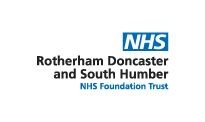
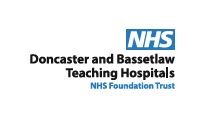
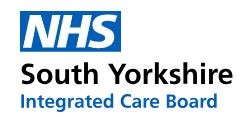
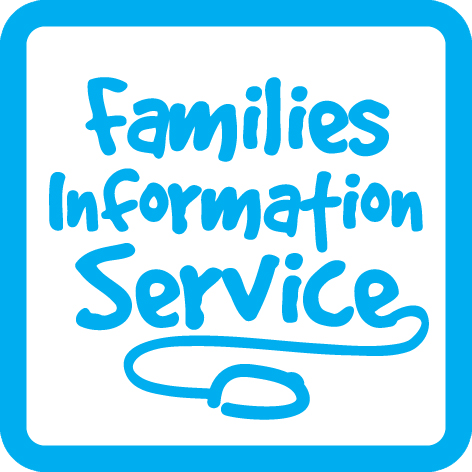

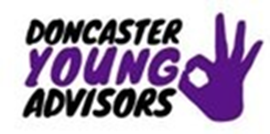

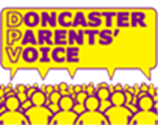
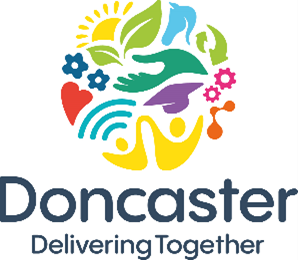
Introduction Image
Display your introduction over featured image?: No
